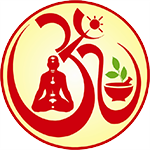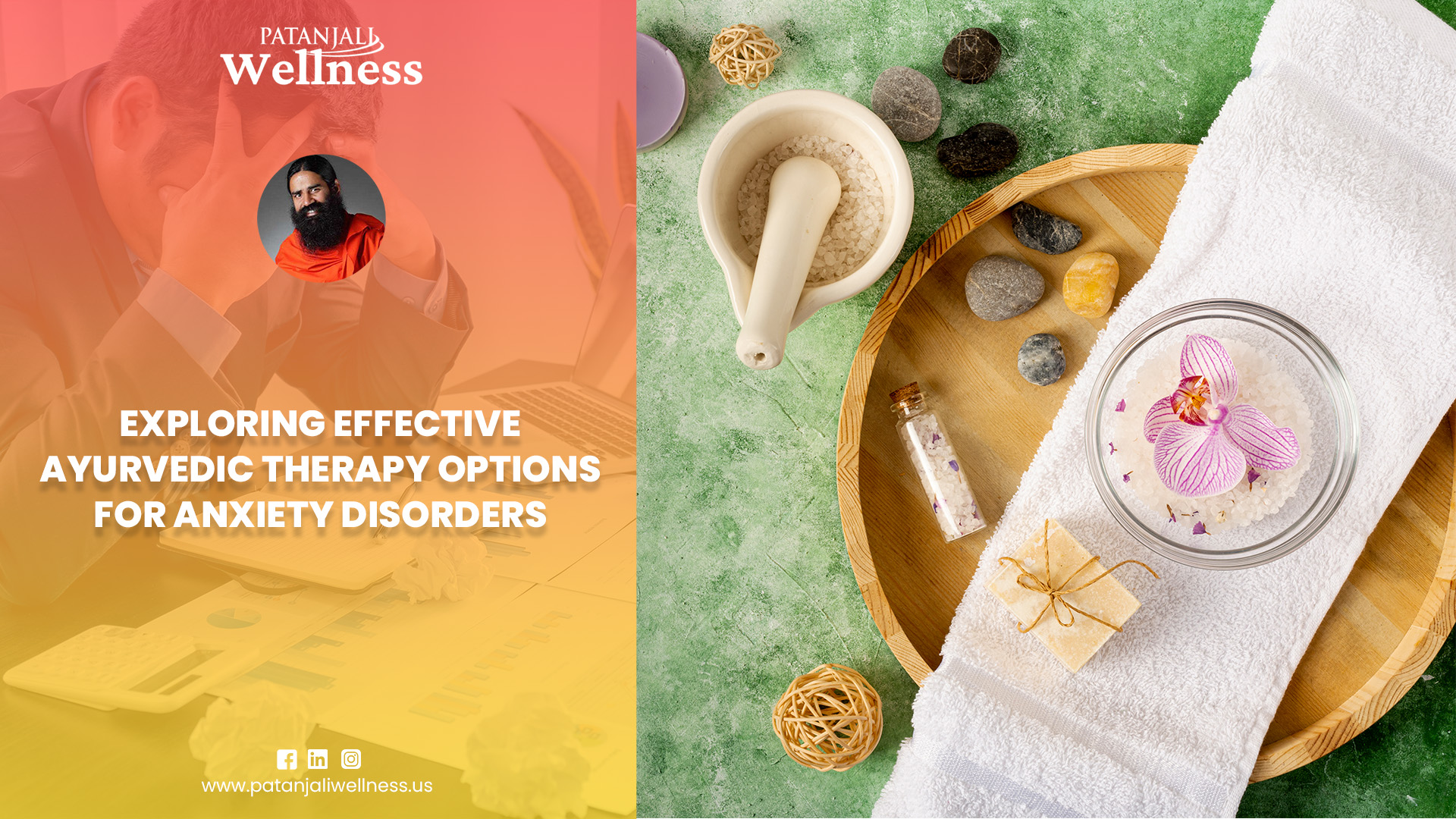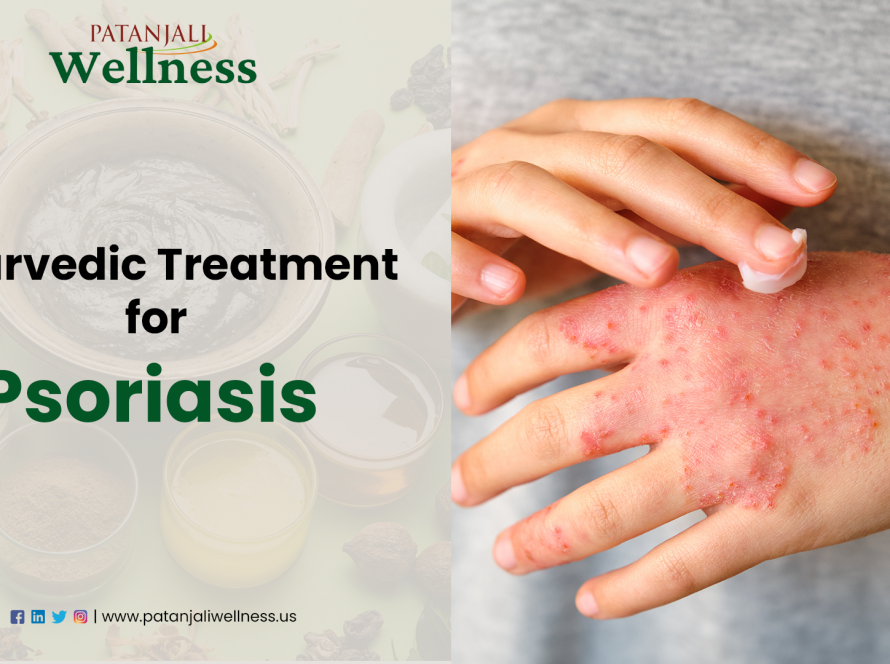Anxiety disorders have become increasingly prevalent in our fast-paced modern world, impacting the lives of millions of individuals worldwide. While conventional treatments like therapy and medication have proven effective in managing anxiety, some individuals seek alternative approaches to complement their treatment plans. In this regard, Ayurveda, the ancient holistic system of medicine originating from India, offers a range of effective therapy options that have shown promise in alleviating anxiety and promoting overall well-being.
Ayurveda, which translates to “knowledge of life,” takes a holistic approach to health, emphasizing the interconnectedness of the mind, body, and spirit. The system recognizes that imbalances in one’s mental and emotional well-being can manifest as physical ailments. With this understanding, Ayurvedic therapies aim to restore harmony and balance to all aspects of an individual’s being.
This article will delve into some of the most effective Ayurvedic therapy options available for individuals suffering from anxiety disorders. It is important to note that while Ayurveda can offer valuable support, it is not intended as a replacement for professional medical advice. To ensure personalized and appropriate treatment, consulting with a qualified Ayurvedic practitioner or healthcare professional is essential.
We will explore a variety of Ayurvedic therapies that have shown promising results in alleviating anxiety symptoms. These therapies include Shirodhara, Abhyanga, Nasya, meditation, pranayama, and specific herbal remedies. Each of these therapies works holistically, addressing the symptoms and underlying causes of anxiety disorders.
By understanding and incorporating Ayurvedic therapy options into their treatment plans, individuals can empower themselves to participate in their journey toward managing anxiety actively. These therapies provide relief, promote relaxation, and restore balance to the body and mind.
What is anxiety, according to Ayurveda?
According to Ayurveda, anxiety is viewed as a disturbance in the balance of the doshas, the fundamental energies that govern the body and mind. Anxiety is often associated with an imbalance in the Vata dosha, representing air and space elements. When Vata becomes excessive or aggravated, it can lead to feelings of restlessness, worry, fear, and an overactive mind, all characteristic of anxiety.
Ayurveda recognizes that various factors, including genetic predisposition, imbalances in the doshas, poor digestion, excessive stress, environmental factors, and lifestyle choices, can cause anxiety. The mind and body are intimately interconnected in Ayurveda, and emotional disturbances are believed to directly impact the physical body, leading to the manifestation of symptoms.
Ayurveda also considers the impact of the senses on anxiety. Overstimulation of the senses, such as excessive exposure to noise, bright lights, or chaotic environments, can increase anxiety levels. Similarly, poor dietary choices, including excessive caffeine or processed foods, can contribute to anxiety symptoms by aggravating the Vata dosha and disrupting the natural balance within the body.
In Ayurveda, the focus is not solely on treating anxiety symptoms but on addressing the root cause of the imbalance. The goal is to restore harmony to the mind, body, and spirit by adopting a holistic approach that includes lifestyle modifications, dietary changes, herbal remedies, Ayurvedic therapy massage, and practices to calm and stabilize the mind.
By addressing the underlying imbalances and promoting a state of equilibrium, Ayurveda aims to provide long-term relief from anxiety and support overall well-being. It emphasizes the importance of self-care, stress management, and creating a nurturing environment to cultivate peace and tranquility in daily life.
It is important to note that Ayurveda does not advocate abandoning conventional medical treatments for anxiety disorders. Instead, it can be complementary to enhance overall wellness and support the body’s natural healing mechanisms. Consulting with a qualified Ayurvedic practitioner can help create an individualized treatment plan considering your unique constitution, imbalances, and specific needs.
Ayurvedic Options for Treating Anxiety Disorders: Restoring Balance and Calm
Shirodhara
Shirodhara is a profoundly relaxing Ayurvedic therapy that involves a gentle stream of warm oil continuously poured onto the forehead. This therapy aims to calm the mind, relieve mental stress, and promote a state of tranquility. The rhythmic flow of oil stimulates the third eye chakra, releasing pent-up emotions and bringing balance to the nervous system. Regular sessions of Shirodhara have been found to reduce anxiety levels and improve overall mental clarity.
Abhyanga
Abhyanga is a traditional Ayurvedic full-body oil massage that provides numerous benefits for individuals with treating anxiety disorders. The soothing touch of warm oil helps relax the muscles, release tension, and promote deep relaxation. This therapy also stimulates the lymphatic system, aiding in removing toxins from the body. Abhyanga can significantly reduce anxiety symptoms and induce a sense of calmness by promoting physical and mental peace.
Nasya
Nasya is an Ayurvedic therapy that involves the administration of medicated oils or herbal preparations through the nasal passage. This practice is believed to cleanse and rejuvenate the head and neck region, which can positively impact mental health. Nasya therapy helps clear the channels of the upper respiratory system, improving oxygenation and reducing mental fatigue. It mainly benefits individuals experiencing anxiety-related symptoms such as racing thoughts and restlessness.
Meditation and Pranayama
Ayurveda emphasizes the mind-body connection, recognizing that mental imbalances can manifest as physical ailments. Meditation and pranayama (breathing exercises) are potent practices that Ayurveda recommends for anxiety management. These practices help reduce stress, calm the mind, and give inner peace. Regular meditation and pranayama sessions can enhance self-awareness, reduce anxiety symptoms, and improve overall mental well-being.
Herbal Remedies
Ayurveda utilizes various herbs and herbal preparations to address imbalances in the body and mind. Certain herbs have been found to have anxiolytic properties and can help alleviate anxiety symptoms. For example, Ashwagandha, Brahmi, and Jatamansi are commonly used herbs in Ayurveda known for their calming and stress-reducing effects. However, it is essential to consult with a qualified Ayurvedic practitioner or healthcare professional before incorporating any herbal remedies into your treatment plan.
Conclusion
While Ayurvedic massage therapy can offer practical support for managing anxiety disorders, it is crucial to remember that each individual is unique, and what works for one person may not work for another. It is always advisable to seek guidance from a qualified Ayurvedic practitioner who can assess your specific condition and customize a treatment plan tailored to your needs.
Combining Ayurvedic therapy massage with conventional treatments can provide a holistic approach to anxiety management, addressing the condition’s physical and mental aspects. By exploring these effective Ayurvedic therapy options, individuals with anxiety disorders can embark on a self-care journey, promoting balance and enhancing their overall well-being.
Contact Patanjali Wellness Center to talk to our Ayurvedic practitioner for a thorough analysis of your physical and mental health and get help to manage the anxiety disorders, naturally.






